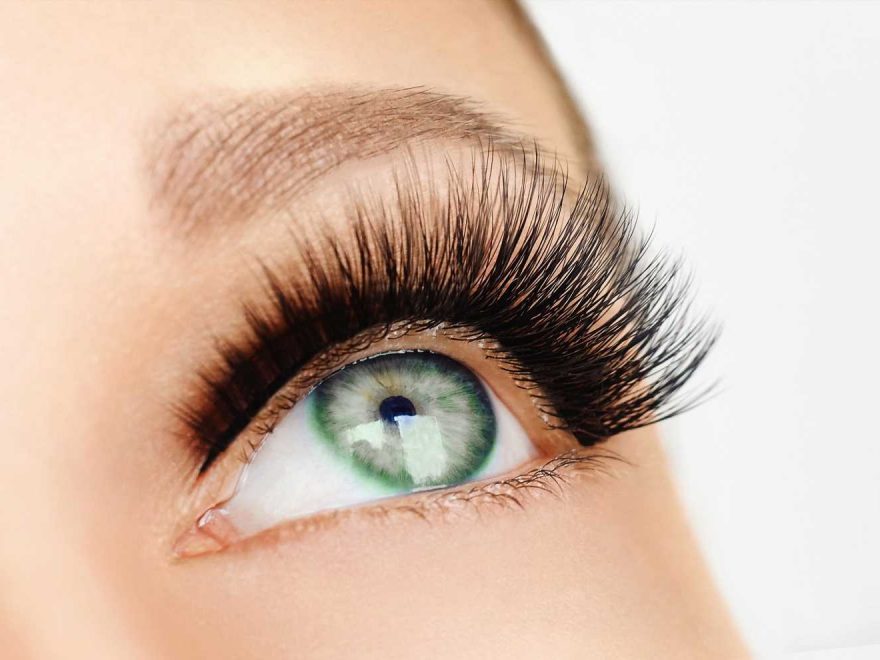EYES are often described as windows to the soul.
But experts have now revealed that they could also be windows to the brain – by predicting your risk of Alzheimer's.

Alzheimer's is a type of dementia that affects memory, thinking and behaviour.
The early symptoms of the condition include memory loss and confusion.
Studies previously found that conditions such as fatigue, hearing loss and sleep disorders could all predict your risk of the condition.
Now medics in New Zealand have found that a simple eye change could also hold the key to catch the condition early.
Read more on Alzheimer’s

Davina McCall devastated as dad Andrew dies after Alzheimer’s battle

The 10 factors that predict YOUR risk of Alzheimer’s in the next decade
Their research suggests that the thinning of a person's retina during middle age is likely to be an indicator of cognitive performance in their early adult life.
The retina is the sensitive tissue that lines the back of the eye and looking into this at an early age could help medics scope out Alzheimer's early on.
The experts said that finding this early could be key, as those living with Alzheimer's and eye conditions might experience a heightened sense of confusion if their vision is impaired.
Researcher Ashleigh Barrett-Young from the University of Otago, New Zealand said current detection of Alzheimer's through MRI scans can be a long process.
Most read in Health

ALARM BELLS
The 8-hour sleep rule 'is a MYTH' – here's how much sleep you might really need

UK daily Covid cases rise by 77% in a week with 109,802 new infections

The 5 early signs of stomach cancer to know as Kelis' husband dies of illness

My 28H boobs gave me migraines but doctors wouldn't help
She added: "It's hoped that artificial intelligence will be able to take an image of a person's retina and determine whether that person is at risk for Alzheimer's long before they begin showing symptoms, and when there is a possibility of treatment to mitigate the symptoms."
Writing in JAMA Ophthalmology, Dr Barrett-Young said a thinner retina was also linked to a greater decline in processing speed.
This is the speed in which a person can understand and react to the information they receive from childhood to adulthood.
"This highlights the potential for optical scans to aid in the diagnosis of cognitive decline.
“Given we haven’t been able to treat advanced Alzheimer’s, and that the global prevalence of the disease is increasing, being able to identify people in the preclinical stage, when we may still have the chance to intervene, is really important,” she said.
The researchers looked at data of over 1,000 babies born in the 1970s.
They then revisited their medical history five decades later and looked specifically at adults who had eye tests at the age of 45.
They measured the thickness of the retina in each test.
Medics found that those with thinner retinal layers scored lower on cognitive performance tests, both as adults, and back when they were children.
Read More on The Sun

A stranger parked a Range Rover on our drive for FOUR DAYS and cops did nothing

McDonald’s is bringing back popular menu item TODAY and there’s a new flavour
Previous studies have also found that the eyes could be a window to the brain.
A paper published in 2018 found that there is a link between Alzheimer's and conditions such as glaucoma and macular degeneration.
We pay for your stories!
Do you have a story for The Sun news desk?
Email us at [email protected] or call 0207 782 4104. You can WhatsApp us on 07423 720 250. We pay for videos too. Click here to upload yours
Click here to get The Sun newspaper delivered for FREE for the next six weeks.
Source: Read Full Article
